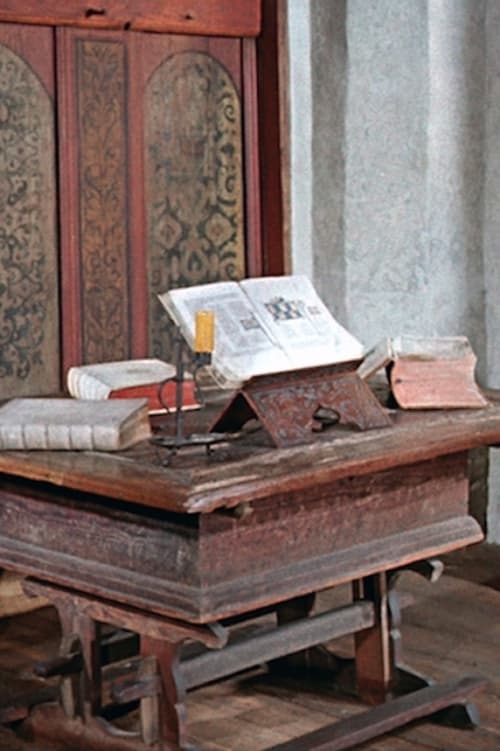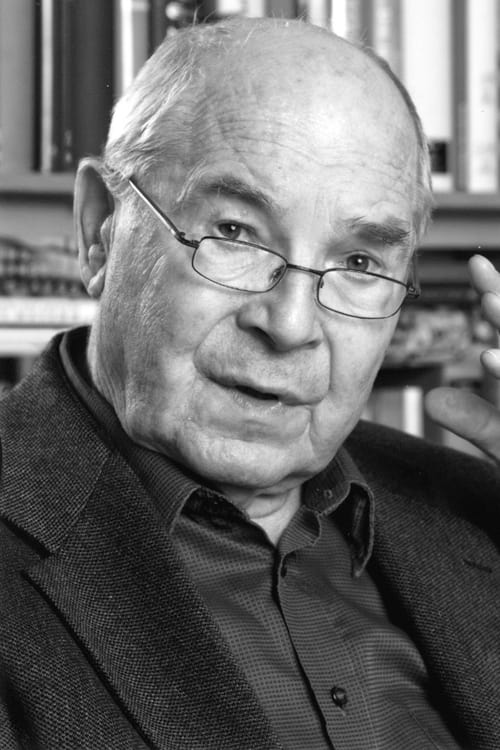
Credo: Martin Luther - Wittenberg 1517
0
1967-10-27
Using contemporary artistic representations in words and pictures, the documentary intends to create an overall view of the historical significance of the 450th anniversary of the Reformation in the historical image of the GDR. In terms of content, the film is limited to the city of Wittenberg as the historical center of the Reformation events. This period is seen as the beginning of the early bourgeois revolution, as Luther also made a certain contribution to the replacement of feudalism by the rising bourgeoisie by initiating the reformatory efforts. Lucas Cranach the Younger's panel painting "The Reformers in the Lord's Vineyard" runs like a common thread through the documentary and thus vividly conveys to the viewer the social upheavals of the 16th century between the Reformation and the German Peasants' War.
Watch Trailer
OVERVIEW
VIDEOS
PHOTOS
WATCH

Storyline
Using contemporary artistic representations in words and pictures, the documentary intends to create an overall view of the historical significance of the 450th anniversary of the Reformation in the historical image of the GDR. In terms of content, the film is limited to the city of Wittenberg as the historical center of the Reformation events. This period is seen as the beginning of the early bourgeois revolution, as Luther also made a certain contribution to the replacement of feudalism by the rising bourgeoisie by initiating the reformatory efforts. Lucas Cranach the Younger's panel painting "The Reformers in the Lord's Vineyard" runs like a common thread through the documentary and thus vividly conveys to the viewer the social upheavals of the 16th century between the Reformation and the German Peasants' War.
Released
1967-10-27
Runtime
17
Director
Budget
$0
Revenue
$0
Genres
Documentary
Language
Deutsch
Production
DEFA-Studio für Wochenschau und Dokumentarfilme
